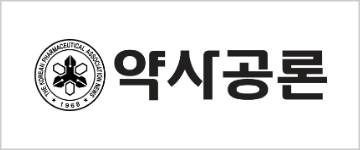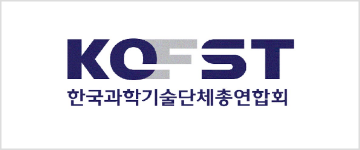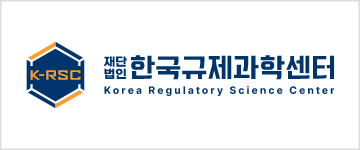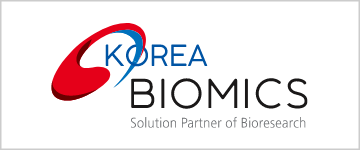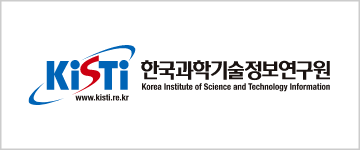2025 Fall
International Convention of PSK
2025 CONVENTION
Abstracts
Monotropein improves late-onset hypogonadism in TM3 Leydig cells
- Hee-Yeon Kwon1,2, Hyesung Lee1, Ji-Soo Choi1,2, Jae-Yeon Lee2, Se-Young Choung3, Do Sik Min*1, Eun Young Park2, Kyeongseok Bae1
- 1Department of Pharmacy, Yonsei University
- 2R&D Center, NSTbio Co., Ltd.
- 3Department of Preventive Pharmacy, College of Pharmacy, Dankook University
Late-onset hypogonadism (LOH) is associated with reduced testosterone synthesis and impaired steroidogenesis in aging males. This study investigated the effects of monotropein (MON), an iridoid compound in fermented Morinda citrifolia extract, on steroidogenic function in TM3 Leydig cells under oxidative stress. Cell viability assays confirmed that MON was non-toxic up to 100 μM, with only a marginal reduction at the highest concentration. Hydrogen peroxide (H₂O₂, 100 μM) significantly suppressed testosterone secretion and downregulated the expression of key steroidogenic enzymes, including steroidogenic acute regulatory protein (StAR), 3β-hydroxysteroid dehydrogenase 2 (3β-HSD2), 17,20-desmolase, and 17β-hydroxysteroid dehydrogenase 3 (17β-HSD3). Treatment with MON markedly restored testosterone production in a dose-dependent manner, showing a ~27% increase at 100 μM compared with the H₂O₂ group. Quantitative RT-PCR demonstrated that MON significantly upregulated the mRNA levels of StAR, 3β-HSD2, 17,20-desmolase, and 17β-HSD3, while Western blot analysis confirmed corresponding protein-level increases. The magnitude of MON-mediated recovery was comparable to human chorionic gonadotropin (hCG), used as a positive control. These findings indicate that MON effectively counteracts oxidative stress–induced Leydig cell dysfunction by enhancing steroidogenic enzyme expression and testosterone biosynthesis. Collectively, the in vitro data identify MON as a principal active constituent of fermented Morinda citrifolia, supporting its therapeutic potential as a natural agent for alleviating LOH.
Q&A
- There are no registered questions












